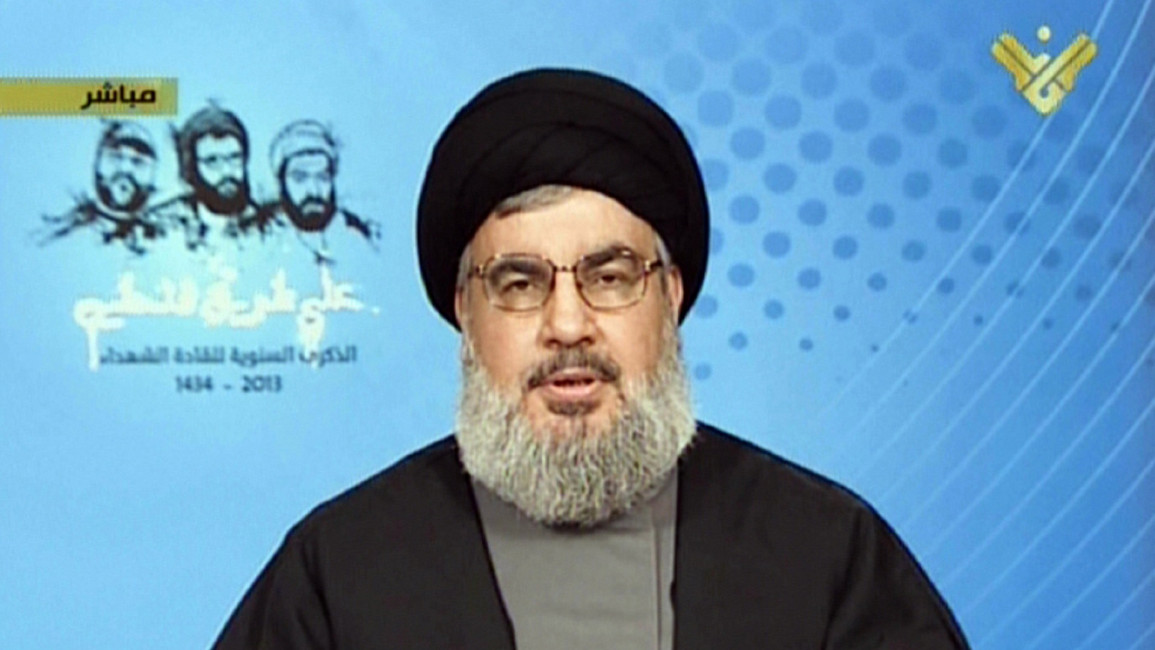Hezbollah protests Twitter decision to suspend its TV channel’s accounts
The television station of Lebanon's powerful Shia movement Hezbollah protested on Saturday that most of its Twitter accounts had been suspended.
Al-Manar accused the US-based social media platform of giving in to "political pressures".
"Account suspended," one such Arabic-language account, @almanarnews, read late Saturday.
"There is no place on Twitter for illegal terrorist organisations and violent extremist groups," a Twitter spokesperson told AFP.
The accounts in English, French and Spanish were also not available, but the Twitter handles of Al-Manar’s Breaking News page and specific television shows seemed to be functioning.
The Twitter account of the Palestinian Al-Quds News Network was also suspended, despite being verified by the social media network.
Read more: Hezbollah endorses the counter-revolution of the corrupt
Iran-backed Hezbollah is designated a "terrorist" group by the United States and several of its officials are under US sanctions, but it is also a key political player in Lebanon.
The group held three ministerial posts and a majority with its Christian allies before Lebanon's cabinet fell this week after 13 days of mass anti-graft protests.
Hezbollah has set itself in opposition to the protests and their demands for a change in government and its supporters have attacked protesters in the streets and squares of Beirut. Al-Manar has been criticized for calling protesters “bandits” and those attacking them “local citizens”.
Twitter Post
|
Hezbollah is the only group not to have disarmed after Lebanon's 1975-1990 civil war, and it fought Israeli troops who occupied southern Lebanon until 2000.
It has also been a key ally of Syrian dictator Bashar al-Assad in the neighbouring country's eight-year conflict, sending fighters to prop up his regime.
Follow us on Twitter: @The_NewArab



